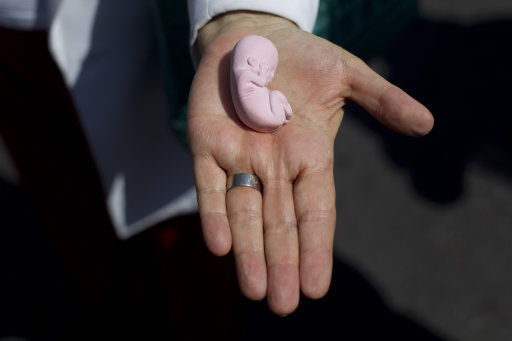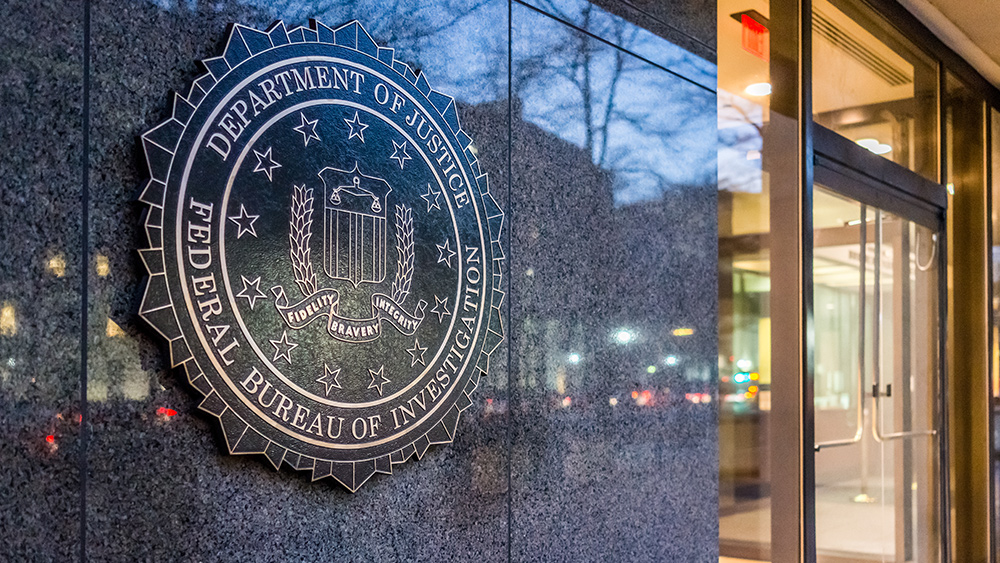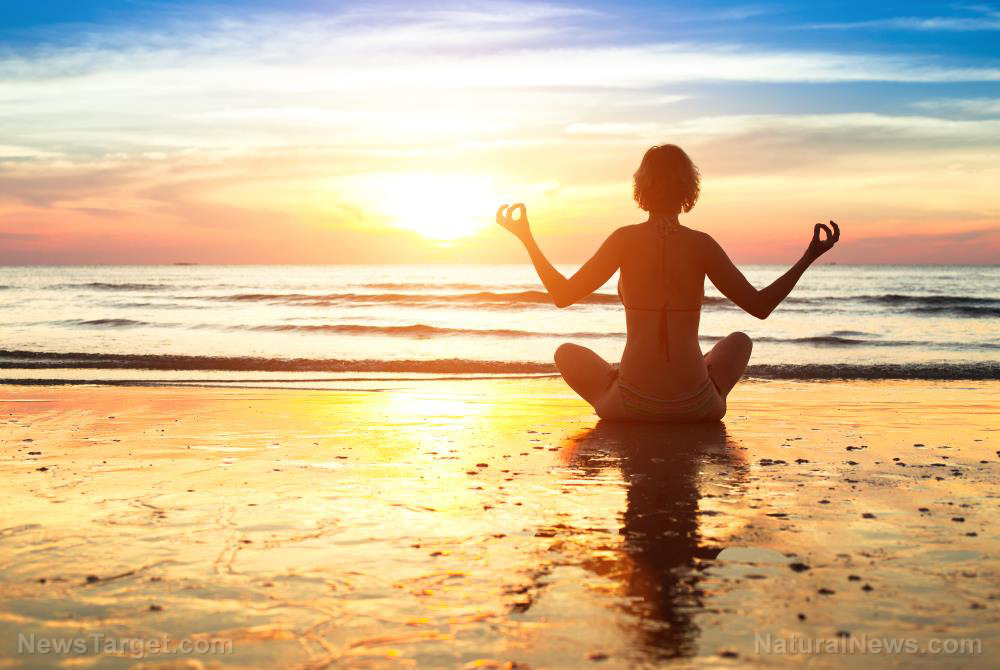© Brighteon.com All Rights Reserved. All content posted on this site is commentary or opinion and is protected under Free Speech. Brighteon is not responsible for comments and content uploaded by our users.
The Kama of Natural Law - BJ Edwards
710 followers
Follow
1
Share
Report
41 views • 06/26/2021
BJ Edwards: https://www.youtube.com/channel/UCsWRJdFapOmKxlsiVoH0N2Q
Our founders relied on it and we have just plain ignored it.
The truth in plain sight.
https://www.budsas.org/ebud/whatbudbeliev/87.htm
What is Kamma?
Kamma is an impersonal, natural law that operates in accordance with our actions. It is a law in itself and does not have any lawgiver. Kamma operates in its own field without the intervention of an external, independent, ruling agent.
Kamma or karma can be put in the simple language of the child: do good and good will come to you, now, and hereafter. Do bad and bad will come to you, now, and hereafter.
In the language of the harvest, kamma can be explained in this way: if you sow good seeds, you will reap a good harvest. If you sow bad seeds, you will reap a bad harvest.
In the language of science, kamma is called the law of cause and effect: every cause has an effect. Another name for this is the law of moral causation. Moral causation works in the moral realm just as the physical law of action and reaction works in the physical realm.
In the Dhammapada, kamma is explained in this manner: the mind is the chief (forerunner) of all good and bad states. If you speak or act with a good or bad mind, then happiness or unhappiness follows you just as the wheel follows the hoof of the ox or like your shadow which never leaves you.
Kamma is simply action. Within animate organisms there is a power or force which is given different names such as instinctive tendencies, consciousness, etc. This innate propensity forces every conscious being to move. He moves mentally or physically. His motion is action. The repetition of actions is habit and habit becomes his character. In Buddhism, this process is called kamma.
In its ultimate sense, kamma means both good and bad, mental action or volition. 'Kamma is volition,' says the Buddha. Thus kamma is not an entity but a process, action, energy and force. Some interpret this force as 'action-influence'. It is our own doings reacting on ourselves. The pain and happiness man experiences are the result of his own deeds, words and thoughts reacting on themselves. Our deeds, words and thoughts produce our prosperity and failure, our happiness and misery.
Kamma is an impersonal, natural law that operates strictly in accordance with our actions. It is law in itself and does not have any lawgiver. Kamma operates in its own field without the intervention of an external, independent ruling agency. Since there is no hidden agent directing or administering rewards and punishments, Buddhists do not rely on prayer to some supernatural forces to influence karmic results. According to the Buddha, kamma is neither predestination nor some sort of determinism imposed on us by some mysterious, unknown powers or forces to which we must helplessly submit ourselves.
Buddhists believe that man will reap what he has sown; we are the result of what we were, and we will be the result of what we are. In other words, man is not one who will absolutely remain to be what he was, and he will not continue to remain as what he is. This simply means that kamma is not complete determinism. The Buddha pointed out that if everything is determined, then there would be no free will and no moral or spiritual life. We would merely be the slaves of our past. On the other hand, if everything is undetermined, then there can be no cultivation of moral and spiritual growth. Therefore, the Buddha accepted neither strict determinism nor strict undeterminism.
Misconceptions regarding Kamma
The misinterpretation or irrational views on kamma are stated in the Anguttara Nikaya which suggests that the wise will investigate and abandon the following views:
- the belief that everything is a result of acts in previous lives;
- the belief that all is the result of creation by a Supreme Ruler; and
- the belief that everything arises without reason or cause.
If a person becomes a murderer, a thief, or an adulterer, and, if his actions are due to past actions, or caused by creation of a Supreme Ruler, or if that happened by mere chance, then this person would not be held responsible for his evil action.
Yet another misconception about kamma is that it operates only for certain people according to their faiths. But the fate of a man in his next life does not in the least depend on what particular religion he chooses. Whatever may be his religion, man's fate depends entirely on his deeds by body, speech and thought. It does not matter what religious label he himself holds, he is bound to be happy world in his next life so long as he does good deeds and leads an unblemished life. He is bound to be born to lead a wretched life if he commits evil and harbors wicked thoughts in his mind. Therefore, Buddhists do not proclaim that they are the only blessed people who can go to heaven after their death.
...
Read the rest at the above URL
Our founders relied on it and we have just plain ignored it.
The truth in plain sight.
https://www.budsas.org/ebud/whatbudbeliev/87.htm
What is Kamma?
Kamma is an impersonal, natural law that operates in accordance with our actions. It is a law in itself and does not have any lawgiver. Kamma operates in its own field without the intervention of an external, independent, ruling agent.
Kamma or karma can be put in the simple language of the child: do good and good will come to you, now, and hereafter. Do bad and bad will come to you, now, and hereafter.
In the language of the harvest, kamma can be explained in this way: if you sow good seeds, you will reap a good harvest. If you sow bad seeds, you will reap a bad harvest.
In the language of science, kamma is called the law of cause and effect: every cause has an effect. Another name for this is the law of moral causation. Moral causation works in the moral realm just as the physical law of action and reaction works in the physical realm.
In the Dhammapada, kamma is explained in this manner: the mind is the chief (forerunner) of all good and bad states. If you speak or act with a good or bad mind, then happiness or unhappiness follows you just as the wheel follows the hoof of the ox or like your shadow which never leaves you.
Kamma is simply action. Within animate organisms there is a power or force which is given different names such as instinctive tendencies, consciousness, etc. This innate propensity forces every conscious being to move. He moves mentally or physically. His motion is action. The repetition of actions is habit and habit becomes his character. In Buddhism, this process is called kamma.
In its ultimate sense, kamma means both good and bad, mental action or volition. 'Kamma is volition,' says the Buddha. Thus kamma is not an entity but a process, action, energy and force. Some interpret this force as 'action-influence'. It is our own doings reacting on ourselves. The pain and happiness man experiences are the result of his own deeds, words and thoughts reacting on themselves. Our deeds, words and thoughts produce our prosperity and failure, our happiness and misery.
Kamma is an impersonal, natural law that operates strictly in accordance with our actions. It is law in itself and does not have any lawgiver. Kamma operates in its own field without the intervention of an external, independent ruling agency. Since there is no hidden agent directing or administering rewards and punishments, Buddhists do not rely on prayer to some supernatural forces to influence karmic results. According to the Buddha, kamma is neither predestination nor some sort of determinism imposed on us by some mysterious, unknown powers or forces to which we must helplessly submit ourselves.
Buddhists believe that man will reap what he has sown; we are the result of what we were, and we will be the result of what we are. In other words, man is not one who will absolutely remain to be what he was, and he will not continue to remain as what he is. This simply means that kamma is not complete determinism. The Buddha pointed out that if everything is determined, then there would be no free will and no moral or spiritual life. We would merely be the slaves of our past. On the other hand, if everything is undetermined, then there can be no cultivation of moral and spiritual growth. Therefore, the Buddha accepted neither strict determinism nor strict undeterminism.
Misconceptions regarding Kamma
The misinterpretation or irrational views on kamma are stated in the Anguttara Nikaya which suggests that the wise will investigate and abandon the following views:
- the belief that everything is a result of acts in previous lives;
- the belief that all is the result of creation by a Supreme Ruler; and
- the belief that everything arises without reason or cause.
If a person becomes a murderer, a thief, or an adulterer, and, if his actions are due to past actions, or caused by creation of a Supreme Ruler, or if that happened by mere chance, then this person would not be held responsible for his evil action.
Yet another misconception about kamma is that it operates only for certain people according to their faiths. But the fate of a man in his next life does not in the least depend on what particular religion he chooses. Whatever may be his religion, man's fate depends entirely on his deeds by body, speech and thought. It does not matter what religious label he himself holds, he is bound to be happy world in his next life so long as he does good deeds and leads an unblemished life. He is bound to be born to lead a wretched life if he commits evil and harbors wicked thoughts in his mind. Therefore, Buddhists do not proclaim that they are the only blessed people who can go to heaven after their death.
...
Read the rest at the above URL
Keywords
FREE email alerts of the most important BANNED videos in the world
Get FREE email alerts of the most important BANNED videos in the world that are usually blacklisted by YouTube, Facebook, Google, Twitter and Vimeo. Watch documentaries the techno-fascists don't want you to know even exist. Join the free Brighteon email newsletter. Unsubscribe at any time. 100% privacy protected.
Your privacy is protected. Subscription confirmation required.





